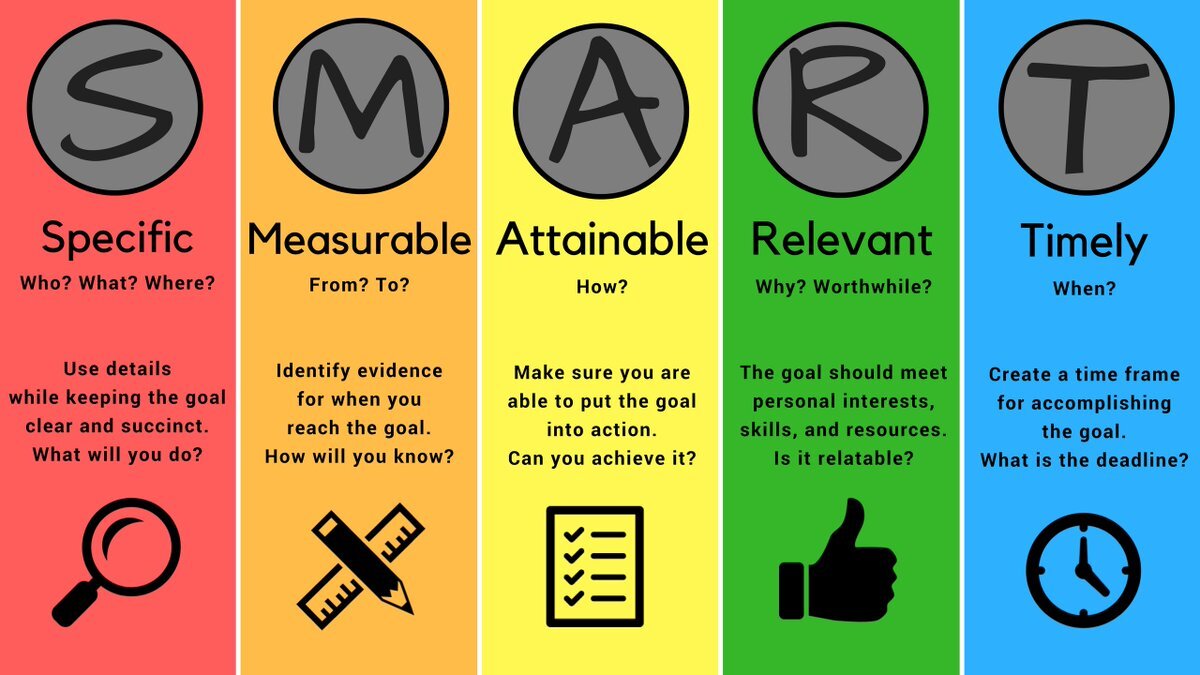5 Benefits of Budgeting
By: Rachel Poe
Budgeting is considered to be one of the first (and most crucial) steps to create the road map to financial success. They can range from daily, weekly, or even monthly estimated expenditures. However, many individuals and couples do not partake in the budgeting process due to the idea of time constraints, extra work, and the idea of having to “cut items”.
While the idea of a budget may be challenging, the benefits far outweigh any initial hesitations.
Continue below to see 5 of the many benefits to gain by starting a budget ASAP!
1. Budgeting does not always mean spending less...just smarter
The majority of people find things within their budget that surprises them; this is good! The beauty of a budget is to identify the things you spend too much on, things you should be spending more on, and validation for the things you are on track with. A budget IS NOT fixed; they are meant to move with you and will change as you go through life. While sifting through some of your spending and analyzing your overall goals, we recommend applying the SMART acronym to identify the why, how, and when. This allows you to get a better picture of the motivators behind spending and prioritizing your goals.
Image by Scott Todnem
2. Take control of your finances
The power of a budget is the financial freedom and flexibility that it brings to your spending. By categorizing budget items into “Needs”, “Wants”, and “Goals”, you allow yourself to prioritize spending in a way that accomplishes necessities while doing the things that make you happy.
Another benefit to budgeting is the ability to plan ahead for long-term goals in addition to short-term desires (Ex. holiday spending, vacations, new vehicles, retirement, etc.). Having an accessible list of these items takes unforeseen spending and turns it into a seamless transition that you are prepared for. Budgeting allows you to see where your money has been, where it is currently going, and where you project it to be.
3. Reach goals faster
By identifying unneeded expenses paired with the freedom to save and apply money where you see fit, budgeting gives you the ability to manage financial goals, stay on track, and even reach them sooner! Those who budget find themselves more likely to spend extra money nipping any debt or completing their goals. With the mystery of finances resolved due to the exposure of a budget, there is room for personalization in where your money is going.
4. Communication with significant other
According to research done by Investopedia, Ramsey Solutions, and PWC, finances are consistently one of the leading reasons for relationship stress and divorce. The budgeting process is one that will initiate conversations with your spouse (or yourself) about spending habits, savings goals, debt acceptance, and money management. While the beginning steps of this process may be uncomfortable for young or mature couples, it is one that ultimately increases happiness and trust between couples (see Washington Post for article).
5. Money is more than financial
In the early years of finance, money had its own box. This “traditional” sense of finance focuses on how the market and investors should behave. Around the 1980’s a concept of “behavioral finance” emerged by applying physiological concepts to observe the reactions of investors and market behavior. Like a weatherman predicting a storm, human behavior can not always be predicted. This includes the behavioral stance of money. You see, finances, spending money, saving money, and investing is unique for every individual. Money is more than green; it is a network of experiences, religion, emotion, relationships, etc. Budgeting and the organization of money allows for stress relief and realization in aspects of all of these areas.
While it is important to acknowledge that budgeting takes time and commitment, rest assured, our advisors at Rooted Planning Group are excited to help you begin this step to your financial goals. Contact us today to schedule an appointment!
“You don’t have to see the whole staircase, just take the first step.”
– Martin Luther King, Jr

